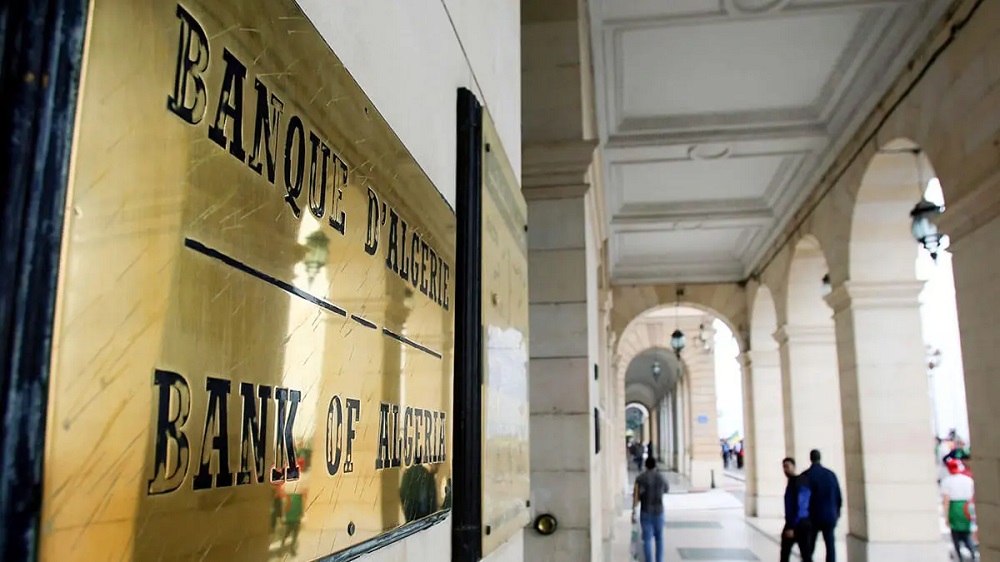
Algeria is preparing to launch its first-ever sovereign sukuk in November, marking a landmark shift in the country’s financial strategy. The Islamic bond, worth about $2.3 billion, reflects a determined push to diversify financing sources and reduce dependency on oil revenues.
According to a finance ministry document, subscriptions will open on November 2 and remain available for two months across the country and abroad. The bonds will be accessible exclusively to Algerian citizens, both domestic and overseas, while foreign investors remain excluded from participation.
Backed by state-owned real estate assets, the sukuk is valued at roughly 296 billion dinars, equivalent to $2.31 billion at current exchange rates. Investors will receive a fixed annual lease return of 6% over a seven-year term, promising stable yields in a volatile economic climate.
Officials describe the issuance as a turning point for Algeria’s Islamic finance sector, long overshadowed by conventional banking in the domestic market. The move aims to capture dormant savings, encourage broader participation in financial markets, and build resilience against global oil price fluctuations.
Economic reforms, increasingly urgent in a climate of shifting energy dynamics, are driving the government to deepen its domestic financial market architecture. Analysts see the sukuk as more than a fiscal tool; it is also a symbol of Algeria’s attempt to harmonise tradition with modern finance.
By offering faith-compliant investment opportunities, Algeria seeks to strengthen trust in local markets while keeping vital capital within national boundaries. The government hopes this inaugural issuance will pave the way for further instruments that can bridge the gap between citizens and financial institutions.
As Algeria steps into the Islamic finance arena, November’s sukuk issuance stands as both a pragmatic reform and a declaration of economic intent.
